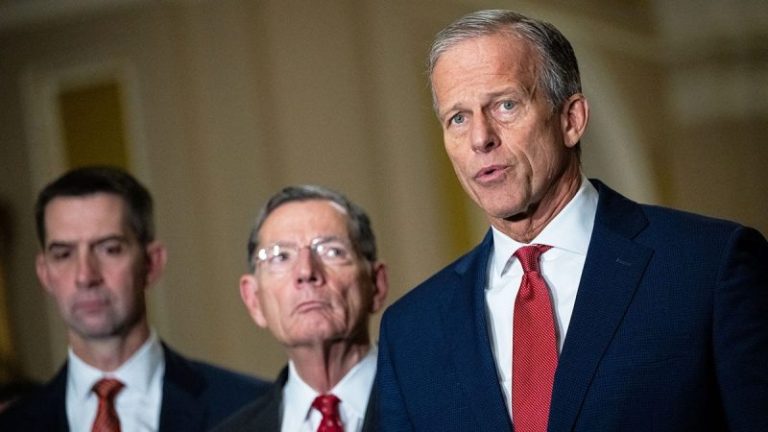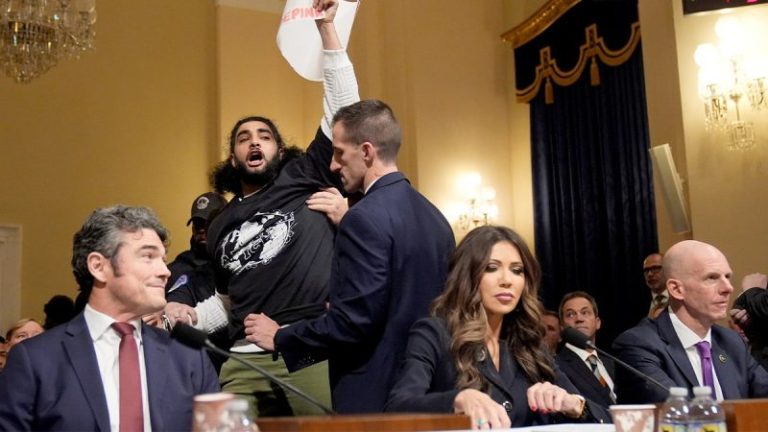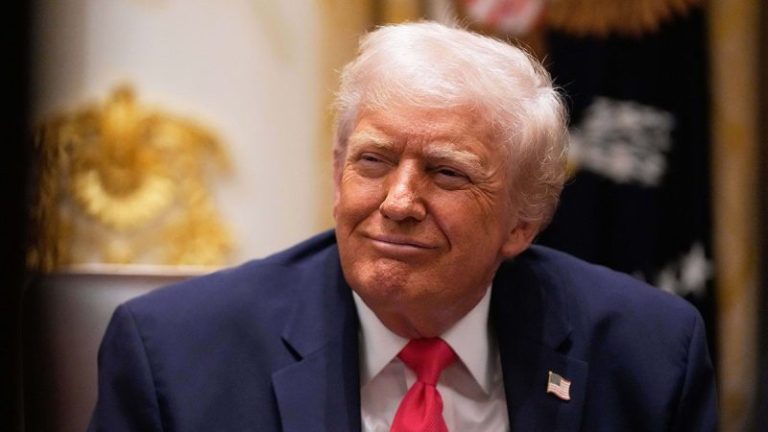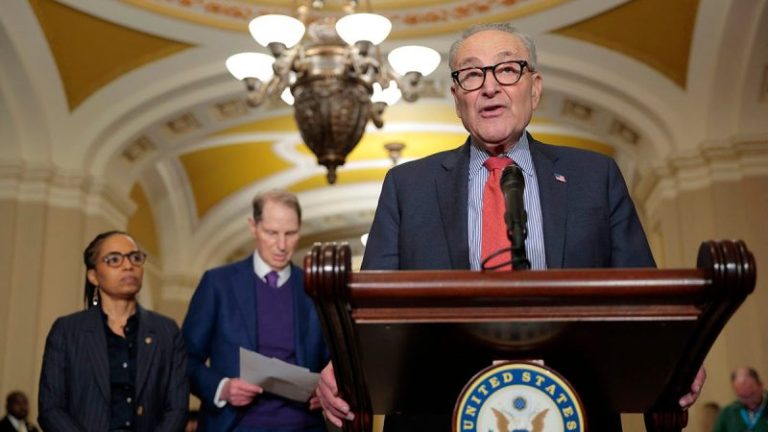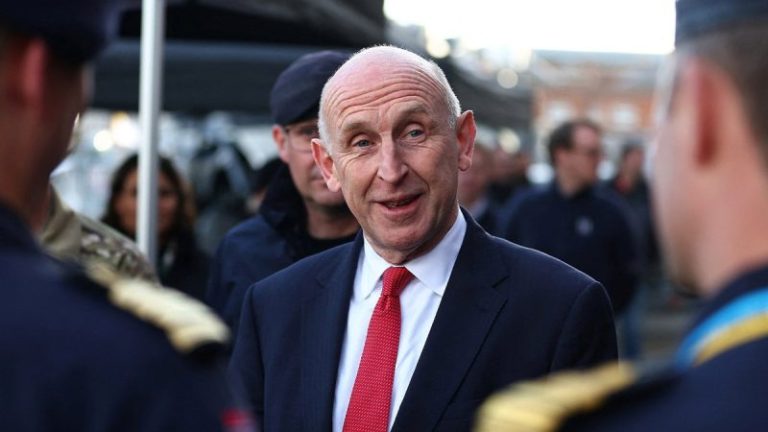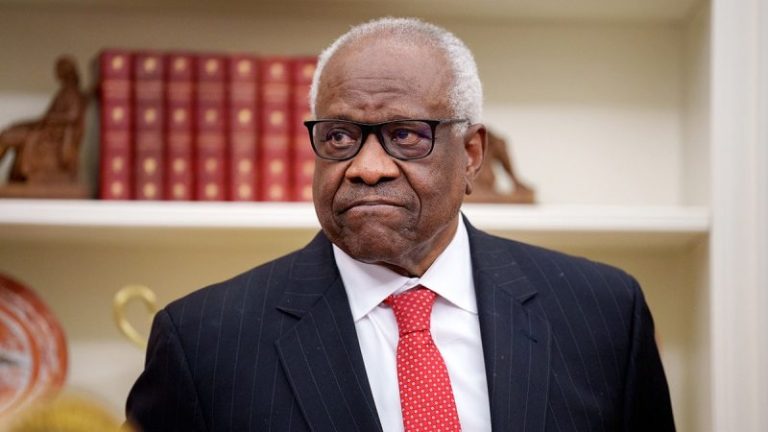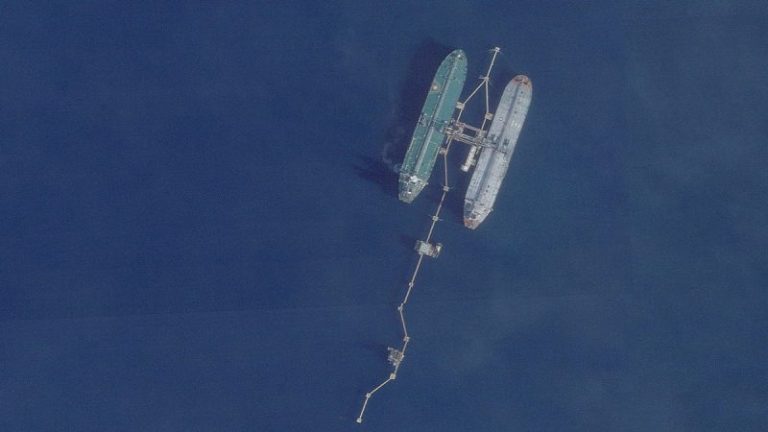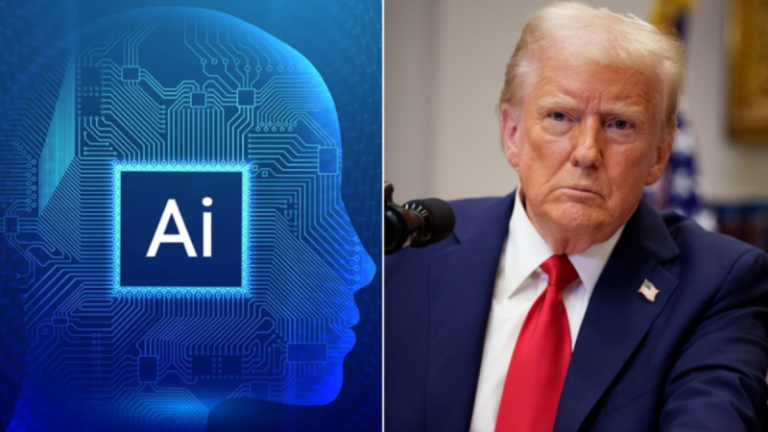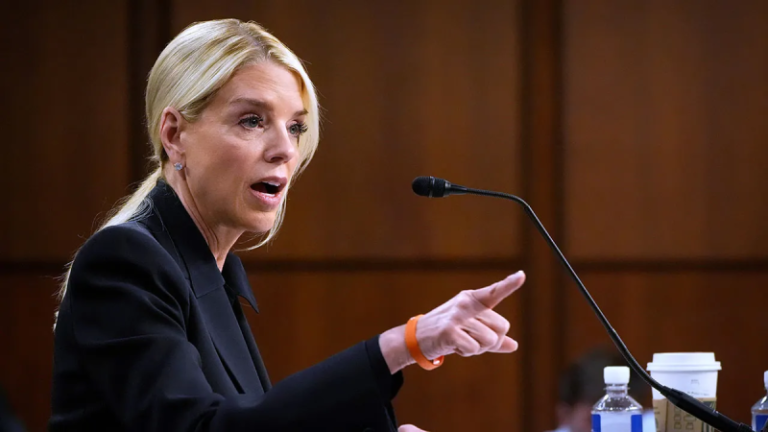Senate Democrats banded together to kill Republicans’ plan to replace expiring Obamacare subsidies on Thursday, knocking the first of two proposals down for the count.
Senate Republicans’ plan from Sens. Bill Cassidy, R-La., and Mike Crapo, R-Idaho, the chairs of the Senate health and finance panels, would have abandoned the Obamacare enhanced premium subsidies for health savings accounts (HSAs), along with several reforms that Republicans appeared largely unified behind earlier this week.
Still, not every Senate Republican voted for the bill. Sen. Rand Paul, R-Ky., joined all Senate Democrats in tanking the legislation on a largely party-line vote.
Lawmakers are now set to vote on Senate Democrats’ plan, which would extend the subsidies for another three years. That proposal is also expected to fail, given that Senate Republicans broadly don’t want to extend the subsidies without myriad reforms.
Senate Minority Leader Chuck Schumer, D-N.Y., and Senate Democrats have pitched their plan as the only option to prevent healthcare premiums from skyrocketing, while Republicans contended that the subsidies are rife with fraud and that the entire Obamacare system was causing premium prices to crank up year after year.
‘The Cassidy-Crapo [plan] is not a healthcare plan,’ Schumer said. ‘It’s not a plan at all. It’s an excuse. It’s a fig leaf. Because Republicans are so divided and can’t come up with a plan that unites them. They propose this fig leaf.’
‘My guess is most Republicans themselves are grimacing that they even have to vote for this thing,’ he continued. ‘How is a one-time check going to help you if you’re paying 1,000 or $2,000 a month more for health insurance?’
Cassidy and Crapo’s plan would have seeded HSAs with $1,000 for people ages 18 to 49 and $1,500 for those 50 to 65 for people earning up to 700% of the poverty level. In order to get the pre-funded HSA, people would have to buy a bronze or catastrophic plan on an Obamacare exchange.
It also included several provisions that didn’t make the cut in President Donald Trump’s ‘big, beautiful bill,’ including measures to reduce federal Medicaid funding to states that cover illegal immigrants, requirements that states verify citizenship or eligible immigration status before someone can get Medicaid, a ban on federal Medicaid funding for gender transition services and nixing those services from ‘essential health benefits’ for Obamacare exchange plans.
It also included Hyde Amendment provisions to prevent taxpayer dollars from funding abortions through the new HSAs, a red line for many Senate Republicans that has proven divisive between the aisles.
The deadline to either extend or replace the credits, which were first passed and then enhanced under former President Joe Biden during the COVID-19 pandemic, is at the end of the year.
But whether the Senate acts before the deadline remains in the air, given that next week will be their last working week before leaving Washington, D.C., until the new year. There are several plans still on the table for lawmakers to choose from.
Senate Majority Leader John Thune, R-S.D., said ahead of the vote that it was clear that Schumer wanted Senate Democrats to fall in line for the upcoming vote but noted that there were still ongoing bipartisan conversations, and he didn’t close the door a possible Obamacare fix with the limited time lawmakers had left before the clock runs out.
‘If there is an interest in solving that, I don’t rule it out,’ Thune said. ‘I mean, obviously we don’t have a lot of time to do this, but I think there are ways in which you could where there’s a will, and if there are two sides willing to come together.’

